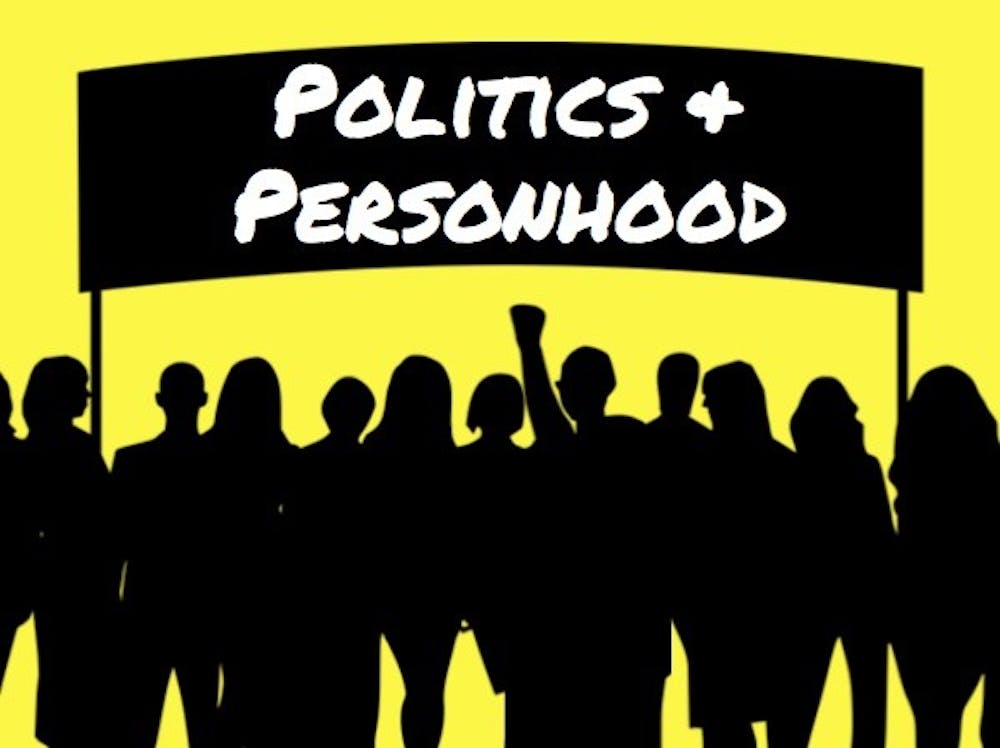Editor's Note: The column has been updated to correct factual errors.
Illegal immigration has been a prevalent topic for decades but has recently become more heated and divisive. As we seek methods to control the influx of people entering our country, it is important to remember the devastation that is causing so many people to flee their homes. And if we refuse to take responsibility for the damage we have caused, we have no right to be criticizing the victims.
In 2018, there were more than 160,000 applications for people seeking asylum in the United States, and immigration is not expected to decrease.
It is not for a lack of trying, as recent administrations have fluctuated between increasing and decreasing the number of asylum seekers allowed into the country, as well as constantly changing policies for those already residing here.
New legislation requires asylum seekers to prove that they have already been denied asylum elsewhere before seeking entry into the U.S. It has also been ordered that most immigrants have healthcare, but the federal courts recently blocked that course of action.
These laws are meant to bring immigration to an all-time low in the U.S., but we are not the only country imposing these restricting policies.
With the worldwide population of migrants rapidly increasing – natural disaster, poverty, genocide and violence are among the reasons – nations around the globe are placing stricter immigration policies than previously witnessed.
In 2018, Europe cut the number of refugees it accepted in 2015 nearly in half, when the migration crisis first began.
So, will these restrictive policies finally stop the immigration crisis?
The simple answer is no.
Although the people entering our nation – or any nation – may decrease, it does not mean that people no longer require refuge.
Climate crises, genocide, violence, war and poverty remain urgent issues across the globe. The military conflicts and economic devastation in Syria, Iraq, Yemen and Palestine have put the lives of millions at risk. Closer to home, violence and poverty in Central America are rising at alarming rates -- caused, at large, by decades of U.S. intervention.
Enjoy what you're reading?
Signup for our newsletter
As long as these situations continue to exist, people will keep fleeing their homes and, whether we like it or not, we will be forced to find a way to accommodate them into our countries.
As we shut our doors and become frantic about the people supposedly invading our homes, we must remember that we are not the victims. In many cases, we -- the U.S. and many other powerful nations -- directly contribute to the reasons for displacement.
The U.S. has been dropping bombs on Pakistan, Somalia, Syria and Yemen for a war on terrorism that has killed more innocent lives than terrorists. Of course, we do this all in the name of democracy and freedom without taking any responsibility for the extreme damage we have caused.
This war on terrorism began in 2001, and, since then, it has resulted in 1.3 million deaths of innocent people in Iraq, Afghanistan and Pakistan. It is something consistently overlooked -- the government will never broadcast the astounding casualties in Middle Eastern and South Asian countries.
The climate crisis is only predicted to get worse, with increasing natural disasters forcing people to escape their homes. Despite the scientific evidence, little has been done to remedy global warming. The U.S., arguably the most influential nation in the world, has openly refused to work on global warming by recently announcing its withdrawal from the Paris Agreement.
We are not alone in our guilt, of course, as many nations around the globe have participated in the displacement that has resulted in the refugees they now condemn. They are also silent about the issues devastating the lives of millions.
Hundreds of thousands of Rohingyan Muslims have been displaced due to the genocide at the hands of the Myanmar government, but there has been no pressure from the international community. Despite half-hearted promises, there has been little attention given to the ongoing shutdown in Kashmir, which has completely devastated the citizens.
Powerful countries continue to value greed over innocent lives, choosing to ignore genocides and violence carried out by countries they have financial ties with.
If the root of the problem is never addressed – and I am unfortunately confident that it never will be – then the migration crisis will not be solved. As in, millions of lives around the globe will still be in danger while we fret only about the statistics of rising immigration in our borders.
Contact columnist Reda Ansar at reda.ansar@richmond.edu.
Support independent student media
You can make a tax-deductible donation by clicking the button below, which takes you to our secure PayPal account. The page is set up to receive contributions in whatever amount you designate. We look forward to using the money we raise to further our mission of providing honest and accurate information to students, faculty, staff, alumni and others in the general public.
Donate Now



